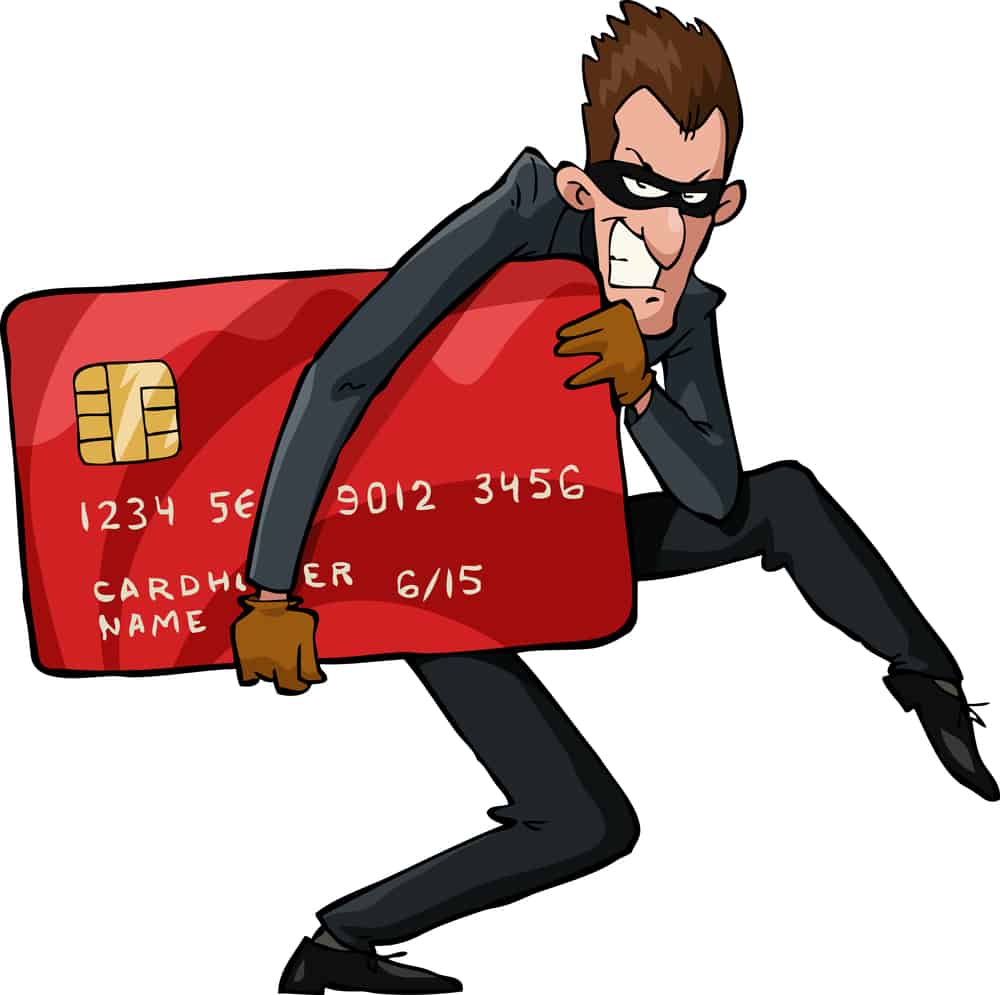Credit card fraud: It could happen to you. Maybe it already has. This crime is on the rise, and it keeps getting more sophisticated.
Being a target might make you confused or angry, but the important part is what you do next. Act as soon as possible once you notice any kind of identity theft. Your liability may be limited in some situations, but many protections only start after you take action.
Table of contents
What should you do if you suspect a transaction?
If you notice suspicious payments, cash advances or other unfamiliar transactions, discuss them with your credit card company as soon as possible. The fraud prevention representatives are trained to walk you through the problem, take low-impact first steps and get you a new, secure card if necessary.
How soon should you call?
In general, you should always call your card company if you’re not sure about the validity of a charge. Of course, there are a few ways to double-check.
For example, you could go through your purchase history with the vendor and try to line up the suspicious payment — this is a useful strategy for forgetful online shoppers. If you still aren’t sure where the charge came from, your card company may have more information about the vendor. That could help you confirm the nature of the transaction.
How do you identify credit card fraud?
Some fraud charges are obvious. For example, you might notice a ridesharing charge from a service you don’t use or a city you’ve never visited. Here are other examples:
- One-time charges on a card you only use for subscriptions
- Purchases on inactive or stored cards
- Foreign or out-of-state charges
- Charges on lost or stolen cards
Suspicious statement items aren’t always fraudulent. Temporary holds may look like a double charge. Some companies appear on your statement as their parent corporation or a previous name. Call your card provider if you have any questions.
Reporting a fraudulent transaction?
Some high-end products have full credit card fraud protection and reporting services. Ask customer service while you’re on the phone.
For most, you will probably have to do certain things yourself. For example, you can report confirmed fraud to one of the credit bureaus (the companies responsible for providing credit scores):
- Experian
- Equifax
- TransUnion
Can fraud be traced?
Credit card fraud can be traced. However, it often turns out to be the work of a globally distributed ring of information thieves, black-market wholesale brokers, resellers and, finally, people who make purchases with illicit card information. Most people with direct access to your card won’t be foolish enough to use the information themselves.
How do thieves steal card information?
Identity thieves use a huge variety of approaches:
- Using a fake terminal at an unsecured point-of-sale, such as a gas station pump
- Tricking you into giving over your personal information (identity theft scams)
- Skimming your information over non-secure internet connections
- Stealing your information out of non-secure data storage
- Simply writing down your card information when they have physical access to it
How do you prevent credit card fraud?
There are two main areas where you can focus your theft prevention. The first is by making your information hard to steal. The second is by making the information unusable if it is stolen.
Making your information hard to steal usually involves control and security tactics:
- Using strong passwords and two-factor identification for important online accounts
- Carrying only the cards you need and reporting them stolen or lost immediately
- Thoroughly researching all investment and sales offers you receive
- Never giving card information to strangers, even if they claim to be authority figures
- Inspecting swipe points for signs of distress or non-uniformity, such as at gas stations or ATMs
Even with all the precautions in the world, you can’t control everything. If information does get loose, you can prevent unnecessary loss by organizing your accounts and maintaining oversight:
- Lock accounts that you don’t use or that you only use for recurring payments
- Ask your card company to restrict purchases to a certain geographical area
- Use each account for a different purpose to better recognize unusual transactions
- Ask your card company or look online for any specific security measures offered
- Choose a card with robust purchase and fraud protection
Why do people steal credit card information?
As long as there is something to be gained, thieves will continue to go after your card information — regardless of the risks. If you see something suspicious, investigate and report it immediately. Check here for a list of credit cards that provide great fraud protection policies.
